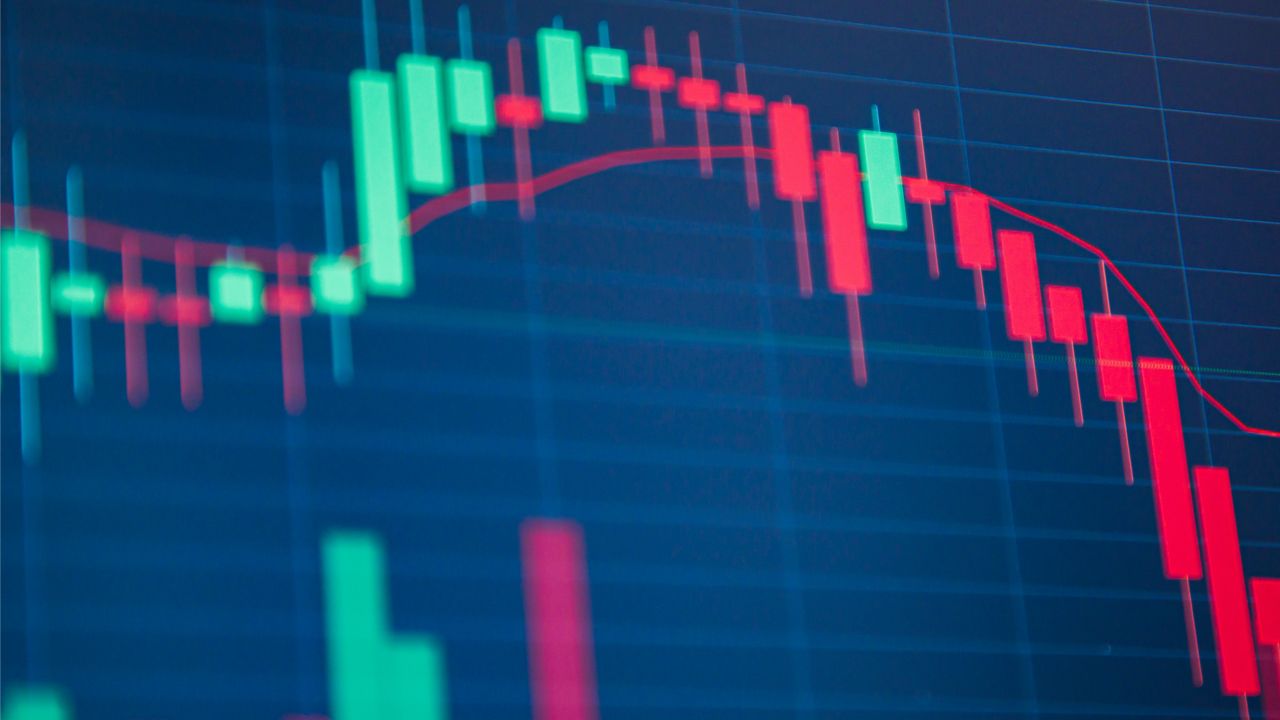
Perpetual contract trading platform dYdX has launched an app for users outside of the U.S. that will offer the same functionality as its website.
Crypto derivatives trading platform dYdX has officially launched an app via Apple’s iOS store, joining just a select number of fellow decentralized finance (DeFi) protocols that have built apps for smartphone adoption.
According to a May 10 announcement, dYdX’s app is now ready for use, with the project noting that more than 200,000 people had already signed up for the beta before the full launch.
The app offers gas-free deposits and trading, and will provide the same functionality as the web version.
“The app offers the same functionality and unparalleled product experience that are available on our main exchange website with the added convenience of being able to trade on your iPhone,” dYdX said.
We are excited to announce that our iOS app is now available to the public! This makes dYdX one of the first DeFi protocols to launch a dedicated mobile app and puts our user experience even more on par with centralized exchanges. Visit https://t.co/YMo3oz5Wz5 to download it! pic.twitter.com/4PE41avSvd
— dYdX (@dYdX) May 10, 2022
The Ethereum Layer 2-based platform primarily offers derivatives products such as perpetual contracts, but also has plans to roll out synthetics, spot and margin trading as part of its pledge in late April to become “100% decentralized” by the end of 2022.
The app also supports a long list of well-known crypto wallets such as MetaMask, Coinbase Wallet, Trust Wallet App and Huobi Wallet to name a few.
Lack of DeFi apps
There are numerous crypto, digital wallet and NFT firms that have rolled out mobile apps, but it appears that the DeFi sector is yet to fully capitalize on this area.
Looking at the Australian IOS store for example [where the author of this piece is based], it lists a small sample of DeFi projects such as Snowball, Argent, and Cake DeFi alongside dYdX.
While regulatory compliance could be an issue for DeFi platforms in this instance, it could also be Apple’s stringent policies that are stopping projects from launching in the store.
For example, Apple prohibits the inclusion of payment rails beyond those offered by the firm, while it also charges a flat 30% commission on in-app purchases of digital goods and services.
Another reason that may be putting the DeFi sector off was highlighted by Coinbase CEO Brian Armstrong in late 2020. At the time, he noted that Coinbase was having trouble providing or linking to DeFi services via its app, as Apple would not allow the exchange to offer crypto "transactions in non-embedded software within the app."
As a result, Coinbase, among other firms, were only allowed to provide such services via external links to websites, resulting in an app that had limited functionality compared to the website.
Related: KuCoin to launch DeFi products in 2022 with fresh $150M raise
Both dYdX’s app and website are not available for U.S. citizens and this may also be due to regulatory compliance issues — or fear thereof — surrounding DeFi derivatives products.
There appears to be a gray area surrounding DeFi derivatives in the U.S., with former Commodity Futures Trading Commission (CFTC) Commissioner Dan M. Berkovitz highlighting in June last year that DeFi platforms most likely need to be registered and regulated under the CFTC to offer derivatives or futures contracts.
“Not only do I think that unlicensed DeFi markets for derivative instruments are a bad idea but I also do not see how they are legal under the CEA,” he said.














